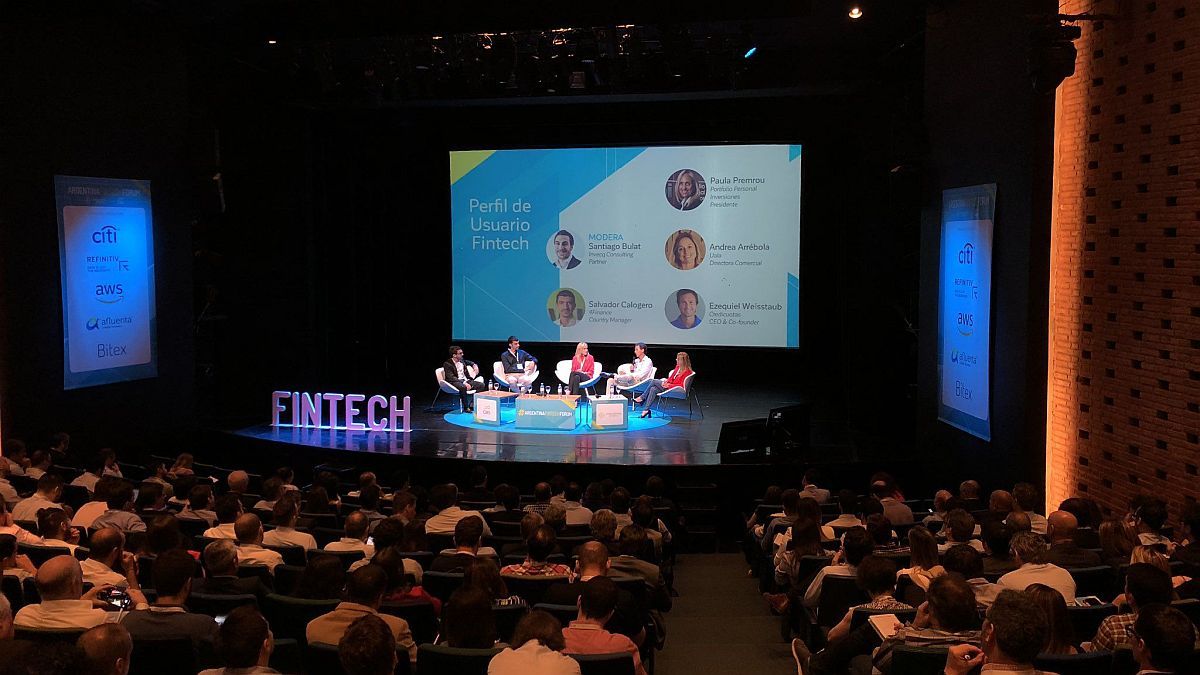The Argentine Fintech Chamber prepared a document with proposals to modify the current regulations and allow this practice to develop.
Tokenization of assets: the Argentine Fintech Chamber proposes a legal reform
Credit @CamaraFintechAr
The Argentine Fintech Chamber proposes a legal reform to expand asset tokenization and for this he created a document with proposals to modify current regulations. According to them, only the agricultural sector would be in a position to tokenize more than US$60 billionwhich could be used toleverage credit and boost economic development.
The content you want to access is exclusive to subscribers.
“We promote tokenization of real assets because we believe it has enormous potential to leverage growth and generate new business models for entrepreneurs in Argentina,” said Ignacio Plaza, president of the Argentine Fintech Chamber.


Given this, the Argentine Fintech Chamber prepared a document with proposals for a legal reform, which promotes the debate on how to help the massification of this technology in the country. These are:
- Multi-agency regulatory sandbox: that there is a limited but safe legal environment (“regulatory sandbox”), in which companies can carry out product tests, endorsed by the National Securities Commission (CNV), the Financial Information Unit (UIF), the Superintendency of Insurance of the Nation (SSN) and the Central Bank of the Argentine Republic (BCRA). This would reduce bureaucracy for emerging projects, shorten time-to-market, facilitate the funding of startups and encourage innovation.
- Clear classification and regulation of crypto tokens: The CNV should define what a “security token” is (a tradable security registered in a private, hybrid or public blockchain) and separate it from cryptographic tokens that are representations of real assets, goods and services for commercial omnichannel purposes. The latter should not be regulated by capital market regulations, since their digital format does not change the nature of the underlying good, which is only tokenized for its more fluid sale (general regulations should be applied, such as consumer protection, personal data, etc. .).
- Regulation of private supply: The CNV should establish clear regulations for the private offering of negotiable securities, to make it more accessible and for higher amounts to more participants. This measure would facilitate the management and transfer of underlying assets and generate experience for tokenizing other types of securities, including tradable securities.
- Incorporate forms of verification of tokenized assets: notaries and accountants could ensure the real existence and background of the assets prior to their tokenization. It is also suggested to use the powers of the Digital Signature enforcement authority to establish standards and conditions for the custody and management of tokenized assets.
How would the field benefit from asset tokenization?
Argentina produces between 135 and 140 million tons of grains each yearof which about 50% are stored in the field, mainly in silo bags, and which are marketed within a period of between 90 and 180 days after harvest.
“Assuming an average price of US$300 per tonthey could tokenize grains stored for about US$21,000 milliongenerating immediate liquidity that can be used as support in short-term commercial lines of credit, as collateral in financial institutions or even as guarantees to access the capital market,” they explained from the Argentine Fintech Chamber.
But, they assured, The greatest possibility that this technology opens up is to tokenize the grains of next year’s campaign, what is called “grain in production.”.
“This would allow digitize the 140 million tons to be harvested next yearfor the equivalent of about US$40,000 million and use them loan collateral which, in addition to the traditional banking channel, could be taken through the capital market, where institutional and private investors look for alternatives to place their money in backed assets with measurable risk,” they explained.
Source: Ambito
I am a 24-year-old writer and journalist who has been working in the news industry for the past two years. I write primarily about market news, so if you’re looking for insights into what’s going on in the stock market or economic indicators, you’ve come to the right place. I also dabble in writing articles on lifestyle trends and pop culture news.




